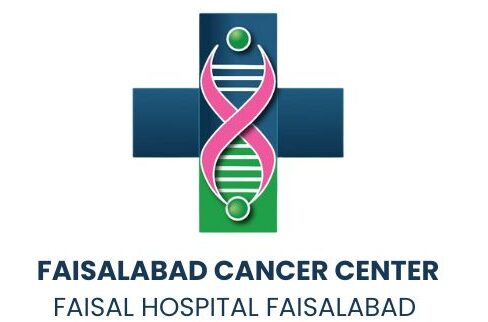Cancer Types by System
Head and Neck
- Head and Neck Cancers
- Laryngeal and Hypopharyngeal Cancer
- Nasal Cavity and Paranasal Sinuses Cancer
- Nasopharyngeal Cancer
- Oral Cavity (Mouth) and Oropharyngeal (Throat) Cancer
- Salivary Gland Cancer
Digestive System
- Anal Cancer
- Bile Duct Cancer
- Colorectal Cancer
- Esophagus Cancer
- Gallbladder Cancer
- Gastrointestinal Neuroendocrine (Carcinoid) Tumors
- Gastrointestinal Stromal Tumor (GIST)
- Liver Cancer
- Pancreatic Cancer
- Pancreatic Neuroendocrine Tumor (NET)
- Small Intestine Cancer
- Stomach Cancer
Urinary System
- Bladder Cancer
- Kidney Cancer
- Wilms Tumor
Lung
- Lung Cancer
- Lung Carcinoid Tumor
- Mesothelioma
Breast
- Breast Cancer
- Breast Cancer in Men
Reproductive System
- Cervical Cancer
- Endometrial Cancer
- Ovarian Cancer
- Penile Cancer Prostate Cancer
- Testicular Cancer
- Uterine Sarcoma
- Vaginal Cancer
- Vulvar Cancer
Endocrine System
- Adrenal Cancer
- Gastrointestinal Neuroendocrine (Carcinoid) Tumors
- Lung Carcinoid Tumor
- Pancreatic Neuroendocrine Tumor (NET)
- Pituitary Tumors
- Thyroid Cancer
Skin
- Skin Cancer
- Basal and Squamous Cell Skin Cancer
- Kaposi Sarcoma
- Lymphoma of the Skin
- Melanoma Skin Cancer
- Merkel Cell Skin Cancer
Bone and Soft Tissue
- Bone Cancer
- Ewing Family of Tumors
- Osteosarcoma
- Rhabdomyosarcoma
- Soft Tissue Sarcoma
Eye
- Eye Cancer (Ocular
- Melanoma)
Retinoblastoma
Brain and Nervous System
- Brain and Spinal Cord Tumors in Adults
- Brain and Spinal Cord Tumors in Children
- Neuroblastoma
Blood and Lymph System
- Blood Cancer
- Leukemia
- Acute Lymphocytic Leukemia (ALL) in Adults
- Acute Myeloid Leukemia (AML) in Adults
- Chronic Lymphocytic Leukemia (CLL)
- Chronic Myeloid Leukemia (CML)
- Chronic Myelomonocytic Leukemia (CMML)
- Leukemia in Children
- Lymphoma
- Non-Hodgkin Lymphoma
- Non-Hodgkin Lymphoma in Children
- Hodgkin Lymphoma
- Multiple Myeloma
- Myelodysplastic Syndromes
- Thymus Cancer
- Waldenstrom Macroglobulinemia
Other Cancers
- Cancer of Unknown Primary
- Rare Cancers, Cancer Subtypes, and Pre-Cancers
Hereditary Cancer Syndromes
At Faisalabad Cancer Center, we recognize that cancer can sometimes run in families. While most cancers develop due to lifestyle and environmental factors, hereditary cancer syndromes account for up to 10% of all cancers. Identifying these genetic risks early can be life-saving — not just for patients, but for their families too.
Hereditary Cancer Syndromes
Hereditary cancer syndromes occur when genetic mutations (usually inherited from a parent) increase a person’s risk of developing certain types of cancer. These mutations can be passed from generation to generation, meaning multiple family members may be affected by the same or related cancers.
Common Hereditary Cancer Syndromes Include:
- BRCA1 and BRCA2 mutations – Linked to breast, ovarian, prostate, and pancreatic cancers
- Lynch Syndrome – Increases the risk of colorectal, uterine, ovarian, and stomach cancers
- Li-Fraumeni Syndrome – Associated with sarcomas, breast cancer, brain tumors, and adrenal cancers
- FAP (Familial Adenomatous Polyposis) – Affects the colon and can lead to colorectal cancer
- Cowden Syndrome – Increases risk of breast, thyroid, and uterine cancers
Do You Have a Family History of Cancer?
- You may benefit from genetic counseling or testing if:
- Multiple relatives have had the same or related types of cancer
- Cancer was diagnosed at a young age (under 50)
- A family member had more than one type of cancer
- Male relatives had breast cancer
- There is a known genetic mutation in the family
Genetic Testing & Counseling at Faisalabad Cancer Center?
Our expert team offers genetic counseling to assess your risk and determine whether testing is appropriate. If a hereditary syndrome is identified, we guide you through:
Early screening plans for high-risk individuals
Preventive options, such as lifestyle changes or risk-reducing treatments
Family risk assessments, so your loved ones can be proactive too
Personalized treatment based on your genetic profile (if cancer is diagnosed)
Schedule a Consultation
Take the first step toward expert care and personalized treatment at Faisalabad Cancer Center, Faisal Hospital Faisalabad.
VISIT OUR LOCATION

